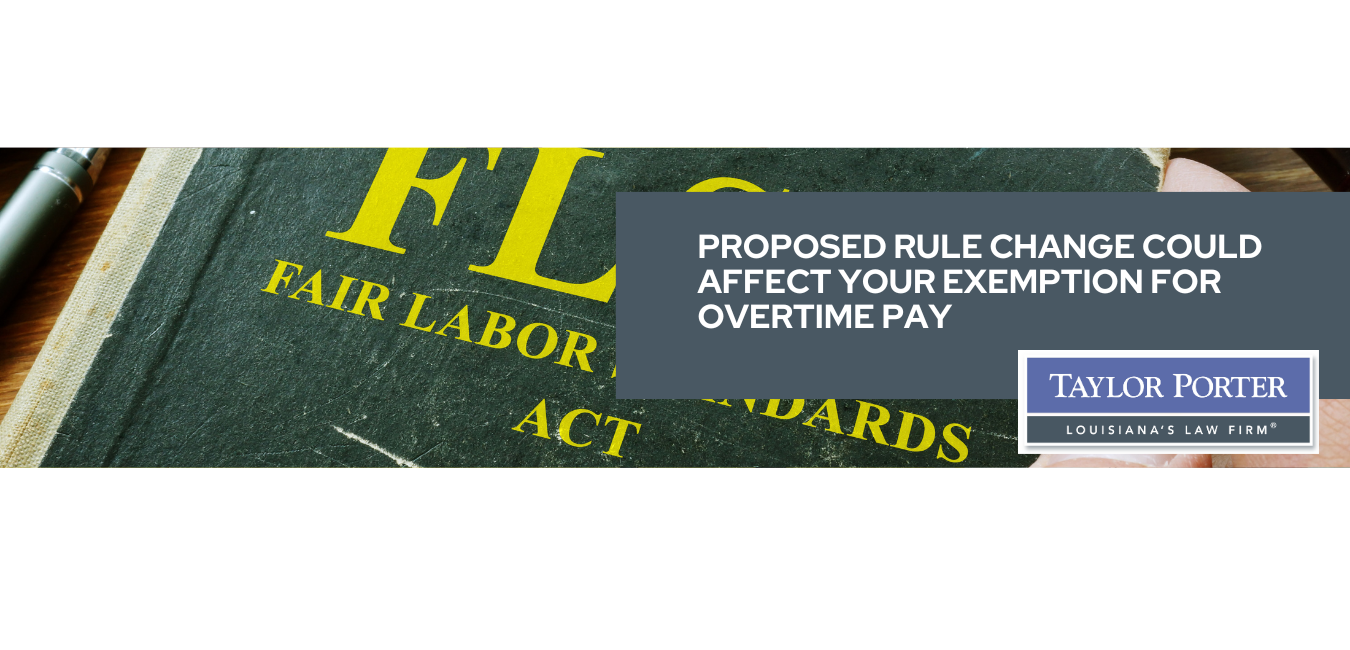MSP Private Cause of Action: The Trend Continues
By Barrye P. Miyagi, JD, CMSP-F and Shannon A. Shelton, JD, CMSP
The United States Court of Appeals for the Second Circuit has ruled that Medicare Advantage Organizations (MAOs) are entitled to pursue Medicare Secondary Payer (MSP) private cause of action (42 U.S.C. §1395y(b)(3)(A)) claims against tortfeasors. See Aetna Life Ins. Co. v. Big Y Foods, Inc., No. 20-3853, 2022 WL 14701256 (2d Cir. Oct. 26, 2022). The Second Circuit joins the Eleventh and Third Circuits which previously reached the same holding.
Background: Nellina Guerrera was injured at Big Y Foods supermarket and filed suit against Big Y. MAO Aetna Life Insurance Company (Aetna) paid for some of Guerrera’s injury-related medical care and sought reimbursement from Big Y. Big Y refused to pay, citing the following reasons: (1) the settlement was a nuisance settlement; (2) liability was denied, and the settlement could not be used as evidence of fault; (3) the settlement agreement did not clearly release claims for medical expenses; and (4) Big Y had no legal duty to satisfy Aetna’s demands. Aetna filed suit against Big Y in the District of Connecticut asserting the MSP private cause of action and seeking reimbursement and double damages. Aetna moved for summary judgment as to its right to assert the MSP private cause of action. The district court ruled in Aetna’s favor.
MAOs: Medicare beneficiaries have the option to receive their health insurance benefits through Original Medicare or MAOs. MAOs are private insurers who contract with the Department of Health and Human Services to provide, at a minimum, the same health insurance benefits as Original Medicare. (Options for Medicare Coverage) MAOs receive a fixed monthly amount (capitation rate) per Medicare beneficiary and, in so doing, risk paying more in health insurance benefits for the Medicare beneficiary than the monthly capitation rate received from the federal government. The number of Medicare beneficiaries enrolling in MAOs has increased since the inception of the Medicare Advantage program. Today, almost 50% of Medicare beneficiaries are currently enrolled in and receiving their Medicare benefits through MAOs.
Important Take Aways:
- Litigators often overlook an MAO’s potential claims for reimbursement and/or assume that the MAO’s claims are governed by state law. The trending case law suggests that MAOs may assert recovery rights pursuant to the federal MSP private cause of action.
- Although Big Y was aware of Aetna’s claims in this instance, some MAOs take the position that notice of their potential claim is not a prerequisite to assert the MSP private cause of action.
- Many MAOs target their recovery efforts against tortfeasors. Notably, Aetna’s initial claims were asserted against Big Y, Guerrera, and Guerrera’s attorney. The district court dismissed Aetna’s claims against Guerrera and Guerrera’s attorney, but other courts have held that MAOs have a private cause of action against plaintiffs and their counsel.
- The inclusion of an indemnity agreement in a release in which the plaintiff agrees to indemnify the tortfeasor for any potential post-settlement claims is prudent. However, MAOs take the position that indemnity agreements between a plaintiff and a tortfeasor do not bar their claims against the tortfeasor because the MAOs are not a party to the release.
- In cases where medical expenses are claimed, MAOs take the position that they are entitled to reimbursement even if the settlement agreement does not specifically release medical expenses.
- To minimize the risk of MSP private cause of action claims, litigators should identify and communicate with MAOs prior to disbursement of settlement funds to their clients to ensure the potential reimbursement claims of the MAOs are resolved and documented.
- The PAID Act, signed into law in December 2020, assists tortfeasors who are registered to submit mandatory Section 111 reports in identifying MAOs. See our blog for more on Section III reporting.
- Case law in the following states supports the rights of MAOs to pursue reimbursement pursuant to the MSP private cause of action: Alabama, California, Connecticut, Delaware, Florida, Georgia, Illinois, Indiana, Louisiana, New Jersey, New York, Pennsylvania, Texas, Vermont, Wisconsin. The trend is expected to continue.
Looking ahead: The RAMP Act, if passed, will repeal the MSP private cause of action.
If you have questions about minimizing the risk of claims by MAOs or other questions about MSP compliance, please contact Barrye Miyagi and/or Shannon Shelton.
About Barrye Miyagi (CMSP-F) and Shannon Shelton (CMSP): Taylor Porter’s Medicare Secondary Payer and MMSEA (Section 111) Compliance group, of which Barrye is the practice group leader, handles issues related to the Medicare Secondary Payer Act. Barrye and Shannon counsel businesses on the Medicare rules and regulations, including identifying and resolving the interests of Medicare and MAOs in settlements and judgments, as well as complying with Section 111 of the Medicare, Medicaid and SCHIP Extension Act. Barrye and Shannon have both received the Certified Medicare Secondary Payer certifications administered by the Louisiana Association of Self Insured Employers (LASIE).
Please note this information is accurate as of the date of the published article on October 27, 2022.
This website is for general information purposes only. Information posted is not intended to be legal advice. For more information, please see our Disclaimer message.
See how we can help. Contact us today
8th Floor • 450 Laurel Street • Baton Rouge, LA 70801 • 225-387-3221
- Disclaimer
- © Taylor, Porter, Brooks & Phillips L.L.P. All rights reserved.






